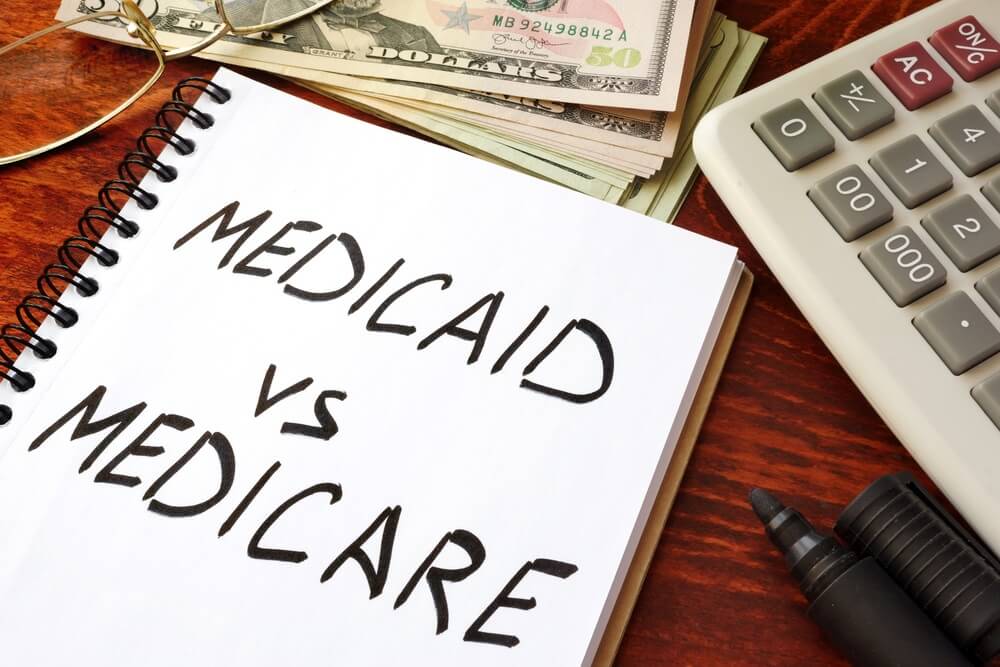Medicare
Medicare is a federal health insurance program for those 65 and up, as well as some younger people with disabilities. Medicare is administered by a government agency known as the Centers for Medicare & Medicaid Services. Medicare is a federally funded program, so the government regulates both its costs and its coverage. In other words, Medicare coverage is standardized across all 50 states.
Two U.S. Treasury trust funds are used to pay Medicare-related bills. The trust funds are financed by a variety of means (such as payroll taxes and money appropriated by Congress). Medicare recipients are responsible for covering some of the costs associated with their health care through contributions such as monthly premiums, deductibles, and coinsurance.
For more information, visit Medicare.gov.
Medicaid
Medicaid is a federal-state partnership that provides financial assistance for medical care to low-income Americans. Each state is responsible for its own Medicaid program, though they must all adhere to federal guidelines. This means that requirements for participation and benefits may differ from one state to the next.
Medicare doesn’t typically pay for nursing home care or personal care services, but Medicaid does. Patients with Medicaid typically pay nothing for their healthcare, though they may be required to pay a small co-payment for certain services. Check into the Medicaid offerings of your state.
For more information, visit Medicaid.gov.








